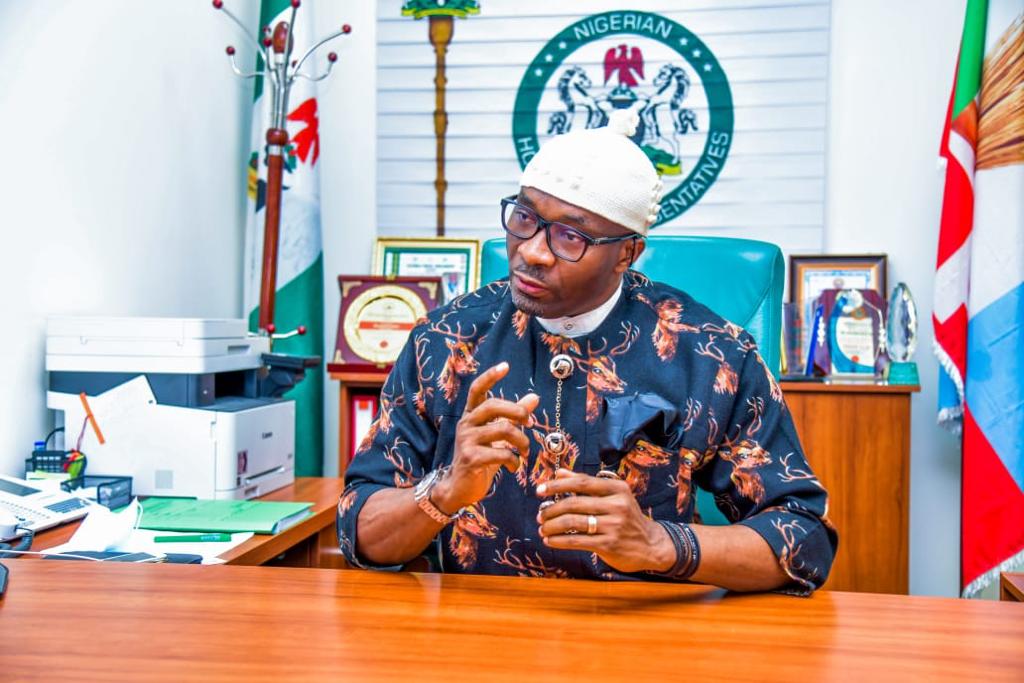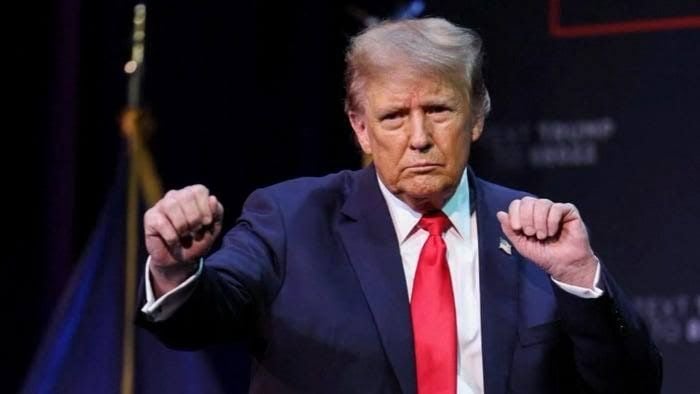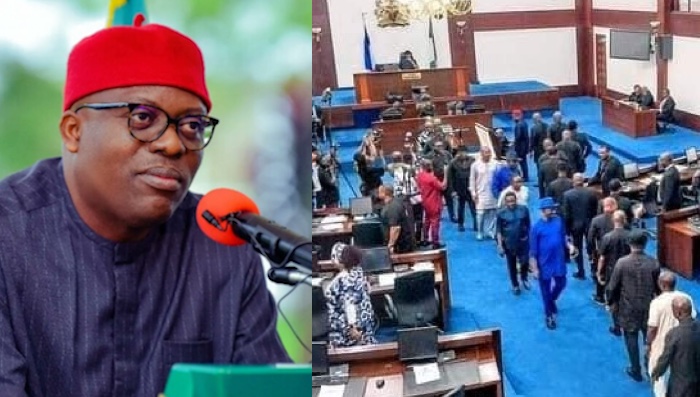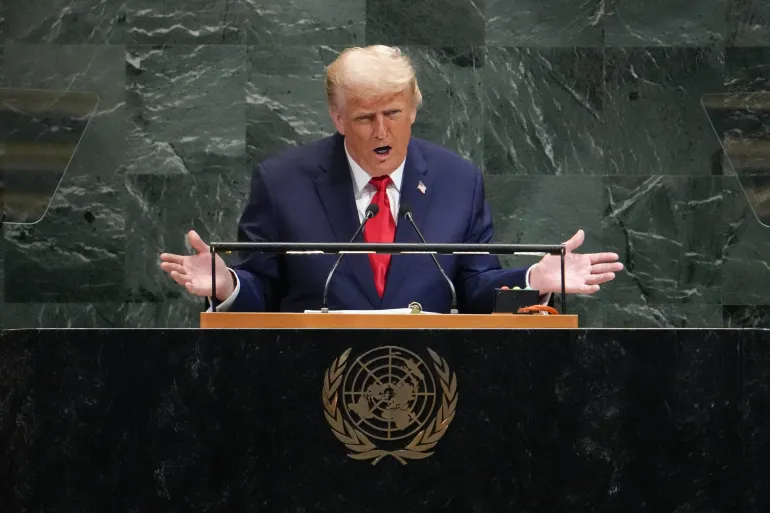Nigeria Needs New Constitution to Deepen Democracy, Says Deputy Speaker Benjamin Kalu

The Deputy Speaker of the House of Representatives, Rt. Hon. Benjamin Kalu, has emphasized the urgent need for a new constitution that will allow Nigeria’s democracy to flourish and better serve its citizens.
Kalu made the call on Monday during a consultative session with national chairmen, secretaries, and women leaders of registered political parties held in Abuja. The meeting was part of the ongoing constitution review process being undertaken by the 10th National Assembly.
The Deputy Speaker, who also chairs the House Committee on Constitution Review, said that while Nigeria has recorded significant progress in its democratic journey since the return to civil rule in 1999, there remains a pressing need to reform the constitutional framework to reflect current realities and aspirations of the people.
“Our democracy has made a giant leap since 1999, but we must be honest with ourselves more needs to be done to make democracy work not only on paper but in reality, for the benefit of every Nigerian,” Kalu stated.
He noted that the Constitution Review Committee is committed to producing a people-oriented document that strengthens institutions, enhances inclusiveness, and promotes accountability in governance.
Kalu assured political stakeholders that the review process would be open and participatory, urging all parties to contribute meaningfully to the exercise.
“This process is not for the National Assembly alone. It is a collective effort.
We must build a constitutional framework that guarantees equity, justice, and prosperity for all Nigerians,” he added.
The 10th House of Representatives, under the leadership of Speaker Tajudeen Abbas, in collaboration with the Senate, has already begun reviewing key provisions of the 1999 Constitution with the goal of deepening governance and strengthening democratic institutions across the country.
Political observers have lauded the renewed constitutional reform efforts, describing them as a crucial step toward addressing long-standing structural and governance challenges that have hindered Nigeria’s democratic consolidation.








